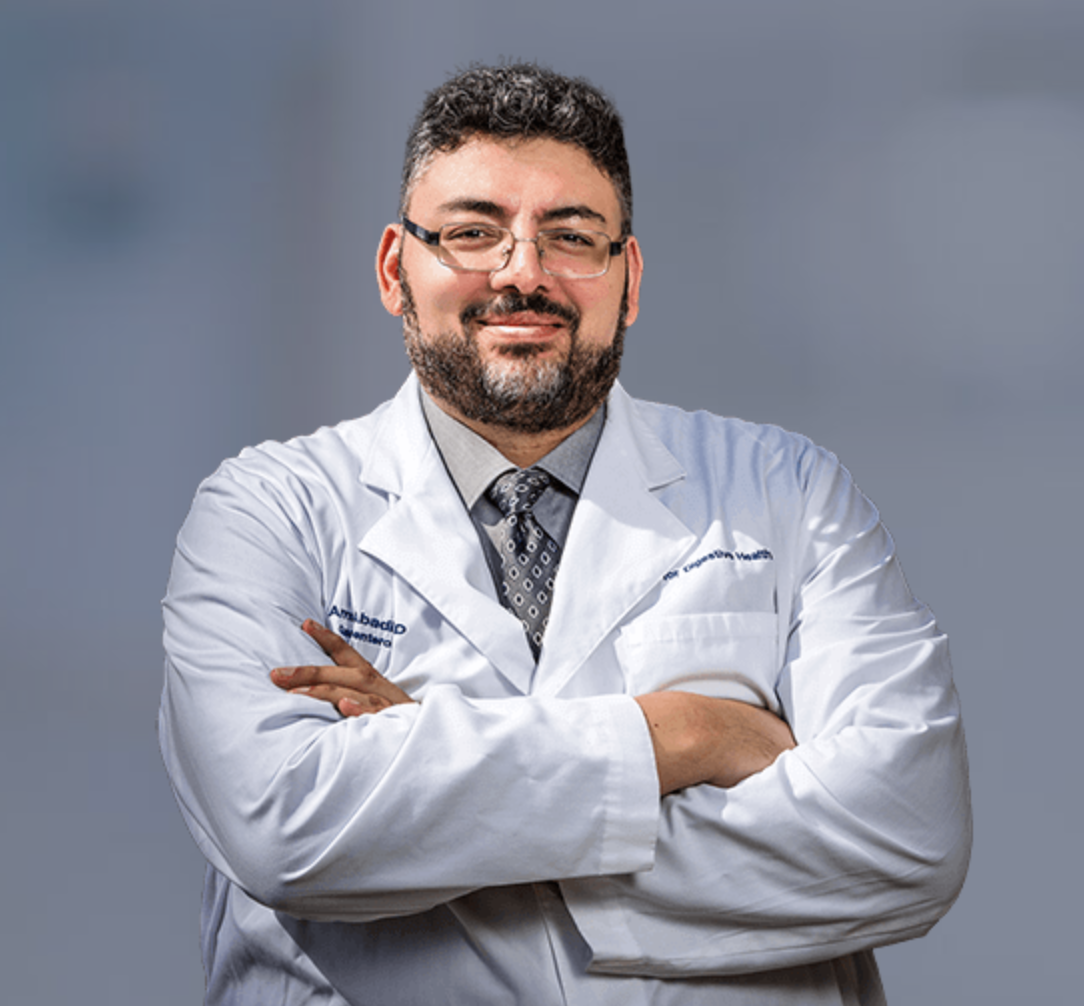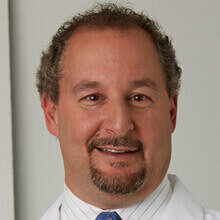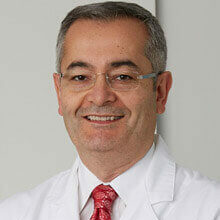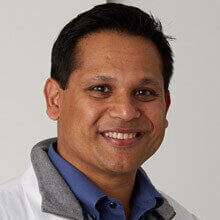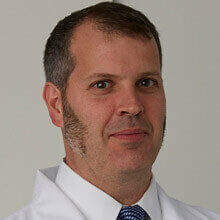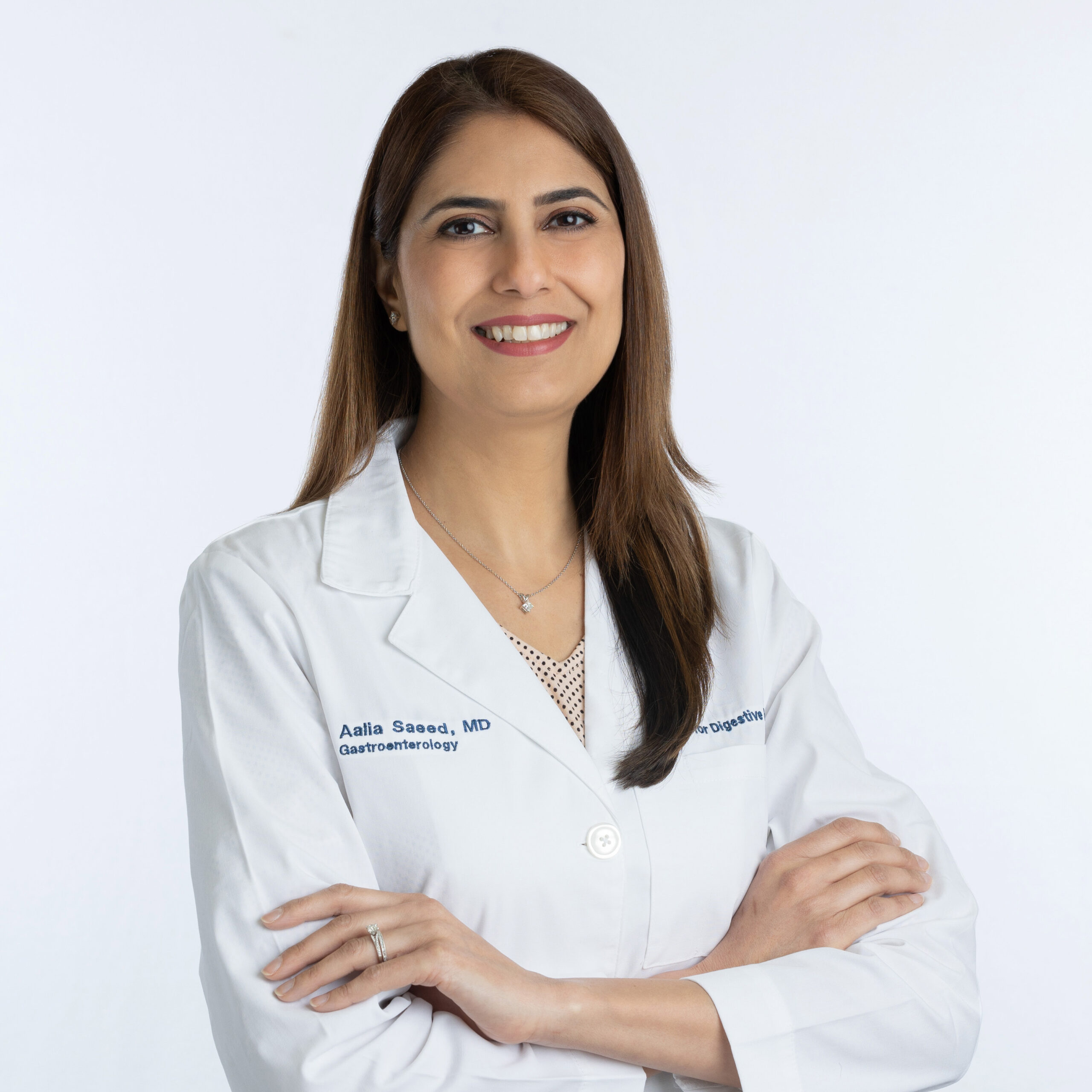What Is Eosinophilic Esophagitis?
As the Mayo Clinic explains, eosinophilic esophagitis is a condition that develops when eosinophils, a type of white blood cell, accumulate in the lining of esophagus, which is the tube that connects the mouth to the stomach. Eosinophilic esophagitis is considered a chronic immune condition, and it is a major contributor to digestive system illnesses.
Eosinophilic esophagitis tends to have symptoms that are similar to gastroesophageal reflux disease (GERD), but it is a different condition.
What Causes Eosinophilic Esophagitis?
Eosinophils are naturally present in the digestive system, but eosinophilic esophagitis occurs when the body shows an allergic reaction to something. Eosinophilic esophagitis can cause the following reactions in the body:
- The lining of the esophagus has an allergic reaction to food.
- White blood cells in the esophagus grow in number, causing inflammation.
- Esophageal damage, leading to inflammation, scarring, and the development of extra tissue in the lining of the esophagus.
- Difficulty swallowing food.
Symptoms of Eosinophilic Esophagitis
Given the reactions that eosinophilic esophagitis creates in the body, there are some typical symptoms associated with this medical condition. Common eosinophilic esophagitis symptoms are as follows:
- Trouble swallowing food
- Having food stuck in the esophagus after attempting to swallow
- Chest pain the doesn’t improve with antacid medications
- Regurgitating undigested food
The above eosinophilic esophagitis symptoms are typically seen with adults. Children with eosinophilic esophagitis may also experience difficulty swallowing, but there are some additional symptoms of eosinophilic esophagitis in children. These include:
- Eating and feeding difficulties
- Failure to thrive, indicated by poor growth or weight loss
- Stomach pain
- Vomiting
- No improvement with GERD medications
Eosinophilic Esophagitis Treatment
Over time, eosinophilic esophagitis can cause complications, such as damage and scarring in the esophagus, as well as narrowing of the esophagus, so treatment may be necessary.
Eosinophilic esophagitis treatment begins with diagnosis, which may involve a doctor ordering blood work or conducting diagnostic tests, such as a biopsy or endoscopy.
Once eosinophilic esophagitis is diagnosed, treatment may include making dietary changes, such as cutting out foods that may cause an allergic reaction. A doctor may also prescribe steroid medications or a type of medication called a proton pump inhibitor.
If eosinophilic esophagitis causes extreme narrowing in the esophagus, a doctor may perform a dilation in order to stretch it and make swallowing less difficult.
If you have ongoing symptoms of eosinophilic esophagitis, it is important to seek treatment. This is especially important if you have chest pain, which could also be a sign of a heart attack.
Applicable Procedures
EGD
What causes eosinophilic esophagitis?
Eosinophils are naturally present in the digestive system, but eosinophilic esophagitis occurs when the body shows an allergic reaction to something. Eosinophilic esophagitis can develop when the lining of the esophagus has an allergic reaction to food, for example.
How is eosinophilic esophagitis treated?
Eosinophilic esophagitis treatment begins with diagnosis, which may involve a doctor ordering blood work or conducting diagnostic tests, such as a biopsy or endoscopy.
Once eosinophilic esophagitis is diagnosed, treatment may include making dietary changes, such as cutting out foods that may cause an allergic reaction. A doctor may also prescribe steroid medications or a type of medication called a proton pump inhibitor. If eosinophilic esophagitis causes extreme narrowing in the esophagus, a doctor may perform a dilation in order to stretch it and make swallowing less difficult.
What are the complications of eosinophilic esophagitis?
Over time, eosinophilic esophagitis can cause damage and scarring in the esophagus. It can also cause the esophagus to narrow. In this case, it is important to seek treatment. If you have chest pain with this condition, it is critical that you seek emergency medical care, as chest pain can indicate a heart attack.
Common Symptoms
- “I was having difficulty swallowing food, and it felt like food was getting stuck in my throat after eating.”
- “I was frequently regurgitating food after a meal, and I had chest pain that just didn’t get better with antacids.”
- “My daughter was not following her growth curve as expected, and she suffered from stomach pain and vomiting that did not improve with the GERD medications her pediatrician prescribed.”


